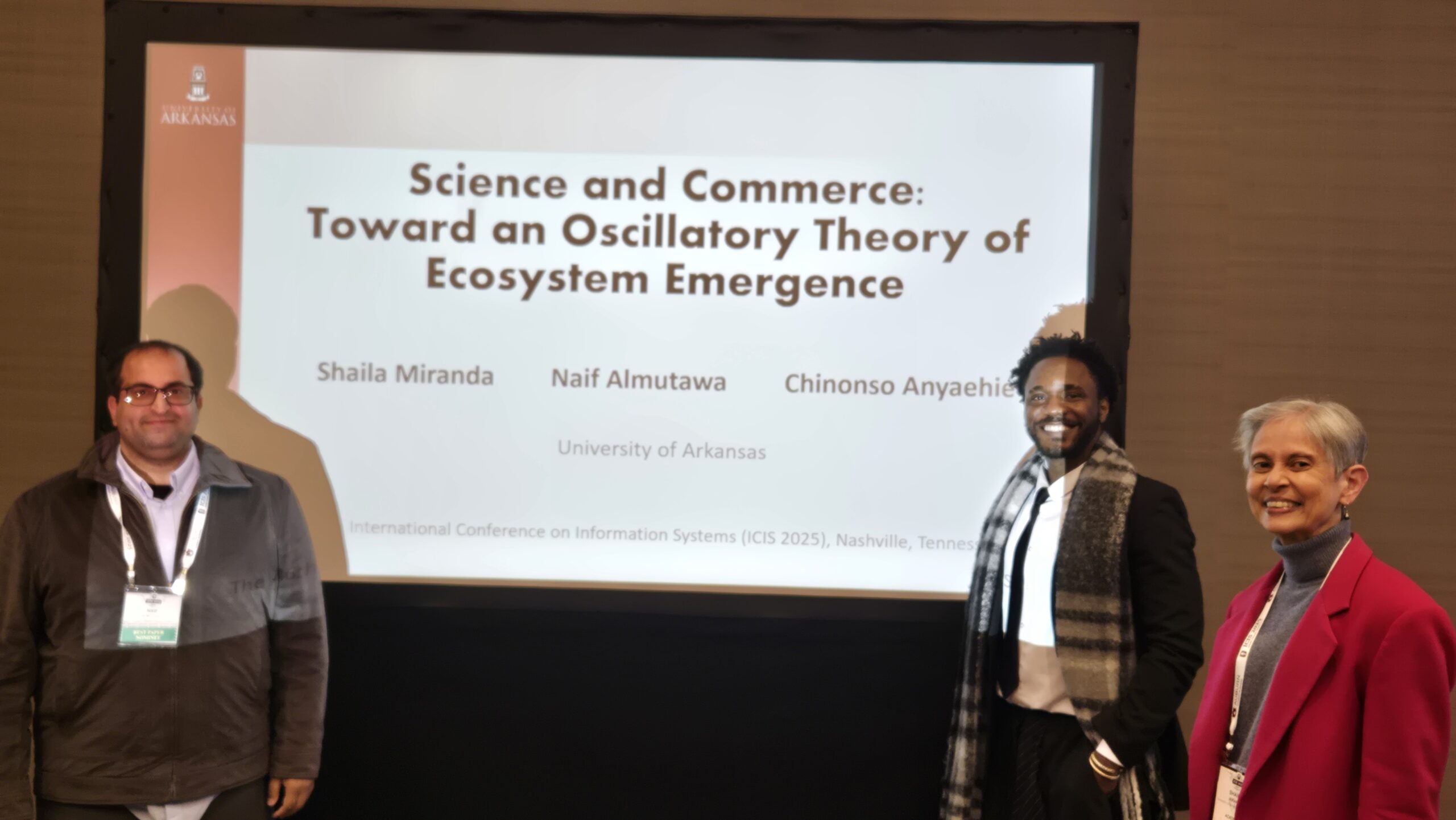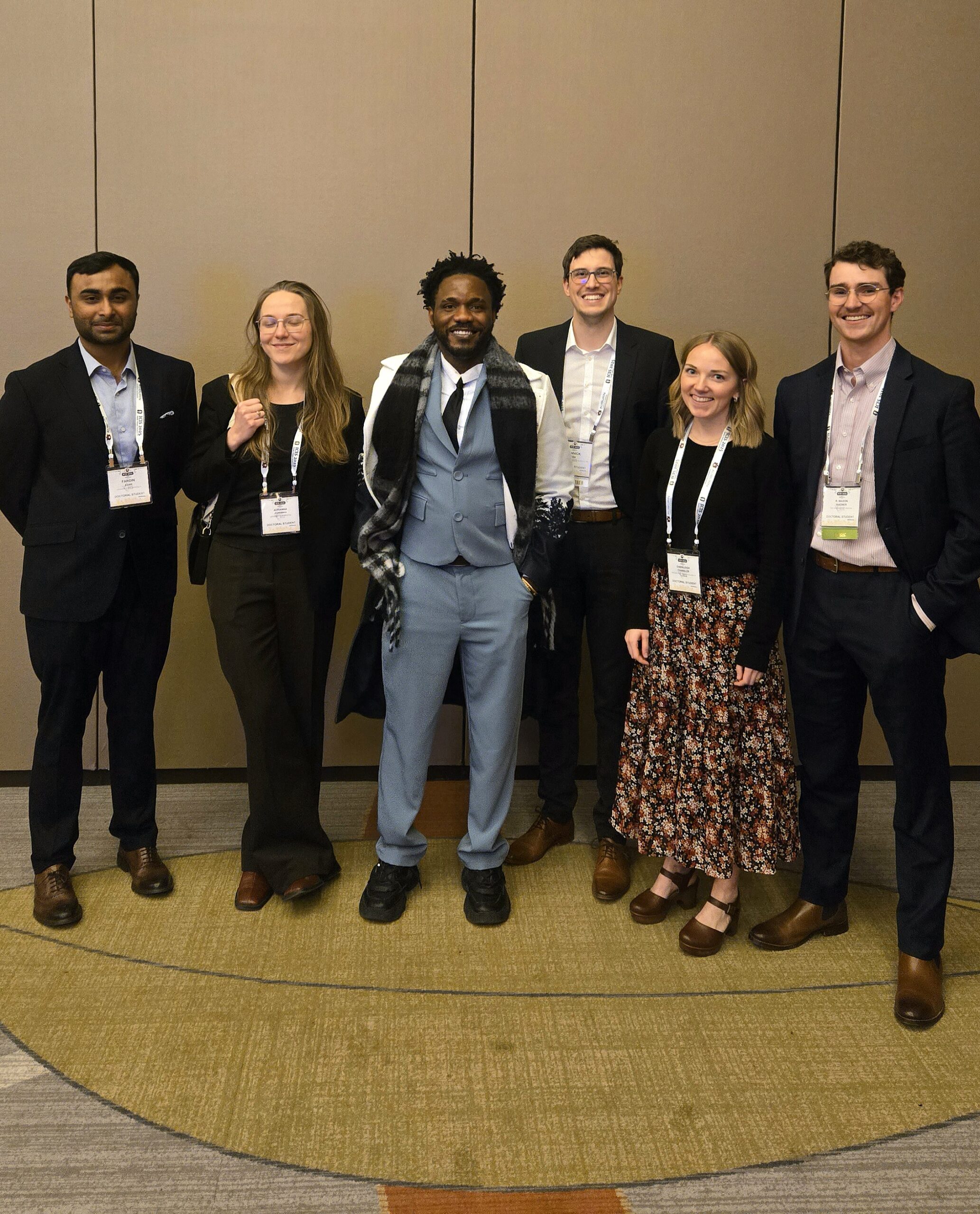In applied business schools, academic research should address real-world problems and have a tangible impact on practice. Traditionally, research often focuses on identifying gaps in existing literature and then finding problems that fit these gaps. While this approach contributes to theoretical knowledge, it may not effectively connect with practical issues faced by organizations.
To make research more impactful, it’s important to start with real problems and build research around them—a process known as problematization. For example, if many Chief Information Officers (CIOs) are being fired due to ineffective organizational management, this presents a significant practical problem. By analyzing why CIOs are ineffective and developing models to understand this issue, researchers can provide valuable insights and interventions that guide managers toward better outcomes.
When writing academic papers, it’s essential to include both implications for research and implications for practice. The implications for research discuss how the work advances theoretical knowledge, while the implications for practice focus on creating actionable interventions that can be applied in organizational settings.
An illustrative example is Richard L Nolan, who developed a theory and built a consulting company around it. He created comprehensive questionnaires, surveyed numerous organizations, and benchmarked where companies stood concerning his theoretical framework. While the practical utility of his approach might be debatable, it demonstrates how theories can be commercialized and applied within organizational contexts. Similarly, many consulting firms develop proprietary methodologies that they use to diagnose and solve organizational problems.
The knowledge generated through research should not be purely academic; it should lead to practical interventions. By identifying relationships between variables—where Y is a desirable outcome and X is an influenceable factor—we can provide insights into how manipulating X can improve Y. Establishing this empirical relationship through hypotheses allows organizations to make informed interventions that lead to desired outcomes.
As someone aptly stated, “There’s nothing as practical as a good theory.” However, the practicality of a theory depends on its relevance to significant issues in companies and society. In the social sciences, it’s vital to develop theories about matters that have real-world importance.
Transaction Cost Theory serves as a powerful example of a theory with substantial practical implications. It addresses fundamental questions such as why companies exist, how transactions are structured, and what defines the boundaries of an organization. By understanding transaction costs, companies can better comprehend their transactional contexts and how high transaction costs influence governance structures and control mechanisms between buyers and sellers.
In conclusion, academic research should begin with real-world problems, develop theories around them, and result in practical interventions. By focusing on issues that matter to organizations and society, and by creating knowledge that can be applied in practice, research transcends theoretical contributions and makes a meaningful impact beyond academia.
Enhancing Practical Impact through Engaged Scholarship
To further bridge the gap between academic research and practical application, the concept of engaged scholarship has gained prominence. Engaged scholarship involves collaboration between researchers and practitioners throughout the research process, ensuring that studies are grounded in real-world challenges and that findings are directly applicable to practice. This approach not only enhances the relevance of research but also facilitates the co-creation of knowledge that addresses pressing societal issues.
Measuring Societal Impact of Research
Institutions are increasingly recognizing the importance of assessing the societal impact of academic research. For instance, the University of New South Wales (UNSW) has introduced the “Pact for Impact” framework, which evaluates research based on indicators such as policy influence, lives changed, and sustainability. This model encourages partnerships with various sectors to enhance the societal benefits of scientific research, moving beyond traditional metrics like publications and citations.
Challenges in Aligning Research with Practice
Despite these initiatives, challenges remain in aligning academic research with practical needs. A study published in PLOS ONE highlights that business research often lacks utility for non-academic stakeholders, including companies and policymakers. The study emphasizes the need for research that not only advances theoretical knowledge but also offers actionable insights for practitioners.
Conclusion
To maximize the practical impact of academic research, scholars should:
- Engage with Practitioners: Collaborate with industry professionals to identify pressing issues and co-develop research agendas.
- Focus on Real-World Problems: Prioritize studies that address significant challenges faced by organizations and society.
- Develop Applicable Theories: Create frameworks that offer clear guidance for practical interventions.
- Assess Societal Impact: Implement evaluation frameworks that measure the real-world benefits of research beyond academic citations.
By adopting these strategies, academic research can transcend theoretical contributions and make a meaningful impact on practice, ultimately benefiting both academia and society at large










Leave a Reply